Chrysler 2014 Annual Report Download - page 132
Download and view the complete annual report
Please find page 132 of the 2014 Chrysler annual report below. You can navigate through the pages in the report by either clicking on the pages listed below, or by using the keyword search tool below to find specific information within the annual report.-
 1
1 -
 2
2 -
 3
3 -
 4
4 -
 5
5 -
 6
6 -
 7
7 -
 8
8 -
 9
9 -
 10
10 -
 11
11 -
 12
12 -
 13
13 -
 14
14 -
 15
15 -
 16
16 -
 17
17 -
 18
18 -
 19
19 -
 20
20 -
 21
21 -
 22
22 -
 23
23 -
 24
24 -
 25
25 -
 26
26 -
 27
27 -
 28
28 -
 29
29 -
 30
30 -
 31
31 -
 32
32 -
 33
33 -
 34
34 -
 35
35 -
 36
36 -
 37
37 -
 38
38 -
 39
39 -
 40
40 -
 41
41 -
 42
42 -
 43
43 -
 44
44 -
 45
45 -
 46
46 -
 47
47 -
 48
48 -
 49
49 -
 50
50 -
 51
51 -
 52
52 -
 53
53 -
 54
54 -
 55
55 -
 56
56 -
 57
57 -
 58
58 -
 59
59 -
 60
60 -
 61
61 -
 62
62 -
 63
63 -
 64
64 -
 65
65 -
 66
66 -
 67
67 -
 68
68 -
 69
69 -
 70
70 -
 71
71 -
 72
72 -
 73
73 -
 74
74 -
 75
75 -
 76
76 -
 77
77 -
 78
78 -
 79
79 -
 80
80 -
 81
81 -
 82
82 -
 83
83 -
 84
84 -
 85
85 -
 86
86 -
 87
87 -
 88
88 -
 89
89 -
 90
90 -
 91
91 -
 92
92 -
 93
93 -
 94
94 -
 95
95 -
 96
96 -
 97
97 -
 98
98 -
 99
99 -
 100
100 -
 101
101 -
 102
102 -
 103
103 -
 104
104 -
 105
105 -
 106
106 -
 107
107 -
 108
108 -
 109
109 -
 110
110 -
 111
111 -
 112
112 -
 113
113 -
 114
114 -
 115
115 -
 116
116 -
 117
117 -
 118
118 -
 119
119 -
 120
120 -
 121
121 -
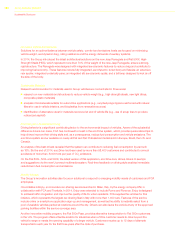 122
122 -
 123
123 -
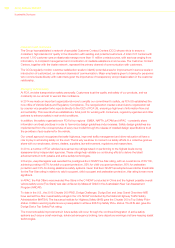 124
124 -
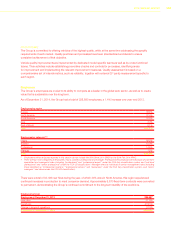 125
125 -
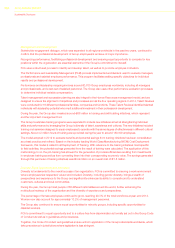 126
126 -
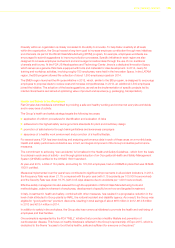 127
127 -
 128
128 -
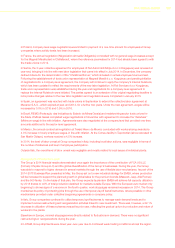 129
129 -
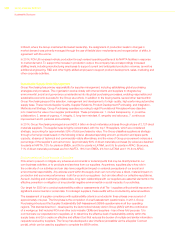 130
130 -
 131
131 -
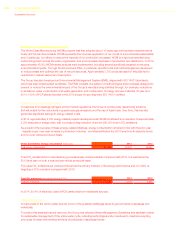 132
132 -
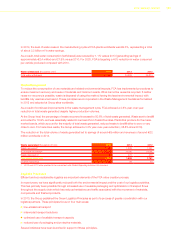 133
133 -
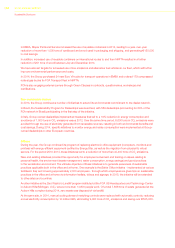 134
134 -
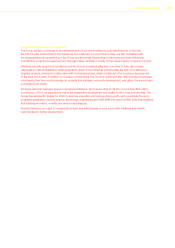 135
135 -
 136
136 -
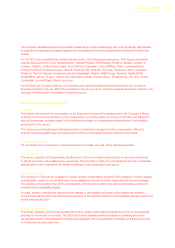 137
137 -
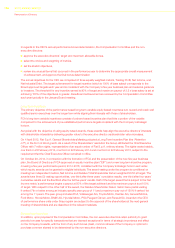 138
138 -
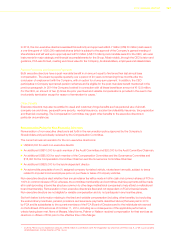 139
139 -
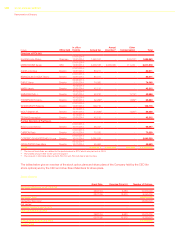 140
140 -
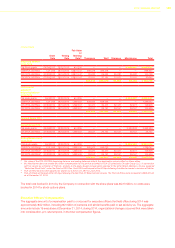 141
141 -
 142
142 -
 143
143 -
 144
144 -
 145
145 -
 146
146 -
 147
147 -
 148
148 -
 149
149 -
 150
150 -
 151
151 -
 152
152 -
 153
153 -
 154
154 -
 155
155 -
 156
156 -
 157
157 -
 158
158 -
 159
159 -
 160
160 -
 161
161 -
 162
162 -
 163
163 -
 164
164 -
 165
165 -
 166
166 -
 167
167 -
 168
168 -
 169
169 -
 170
170 -
 171
171 -
 172
172 -
 173
173 -
 174
174 -
 175
175 -
 176
176 -
 177
177 -
 178
178 -
 179
179 -
 180
180 -
 181
181 -
 182
182 -
 183
183 -
 184
184 -
 185
185 -
 186
186 -
 187
187 -
 188
188 -
 189
189 -
 190
190 -
 191
191 -
 192
192 -
 193
193 -
 194
194 -
 195
195 -
 196
196 -
 197
197 -
 198
198 -
 199
199 -
 200
200 -
 201
201 -
 202
202 -
 203
203 -
 204
204 -
 205
205 -
 206
206 -
 207
207 -
 208
208 -
 209
209 -
 210
210 -
 211
211 -
 212
212 -
 213
213 -
 214
214 -
 215
215 -
 216
216 -
 217
217 -
 218
218 -
 219
219 -
 220
220 -
 221
221 -
 222
222 -
 223
223 -
 224
224 -
 225
225 -
 226
226 -
 227
227 -
 228
228 -
 229
229 -
 230
230 -
 231
231 -
 232
232 -
 233
233 -
 234
234 -
 235
235 -
 236
236 -
 237
237 -
 238
238 -
 239
239 -
 240
240 -
 241
241 -
 242
242 -
 243
243 -
 244
244 -
 245
245 -
 246
246 -
 247
247 -
 248
248 -
 249
249 -
 250
250 -
 251
251 -
 252
252 -
 253
253 -
 254
254 -
 255
255 -
 256
256 -
 257
257 -
 258
258 -
 259
259 -
 260
260 -
 261
261 -
 262
262 -
 263
263 -
 264
264 -
 265
265 -
 266
266 -
 267
267 -
 268
268 -
 269
269 -
 270
270 -
 271
271 -
 272
272 -
 273
273 -
 274
274 -
 275
275 -
 276
276 -
 277
277 -
 278
278 -
 279
279 -
 280
280 -
 281
281 -
 282
282 -
 283
283 -
 284
284 -
 285
285 -
 286
286 -
 287
287 -
 288
288 -
 289
289 -
 290
290 -
 291
291 -
 292
292 -
 293
293 -
 294
294 -
 295
295 -
 296
296 -
 297
297 -
 298
298 -
 299
299 -
 300
300 -
 301
301 -
 302
302 -
 303
303
 |
 |

130 2014 | ANNUAL REPORT
Sustainability Disclosure
World class manufacturing processes
The World Class Manufacturing (WCM) program was first adopted about 10 years ago and has been implemented at
nearly all FCA plants worldwide. WCM represents the concrete application of our model of environmental sustainability
and, in particular, our efforts to reduce the impacts of our production processes. WCM is a rigorous manufacturing
methodology that involves the entire organization and encompasses all phases of production and distribution. In 2014,
approximately 48,000 WCM-related projects were implemented, including several specifically targeted at reducing
environmental impacts. Through the Environment Pillar, in particular, specific tools and methodologies are developed
to reduce waste and optimize the use of natural resources. Approximately 3,700 projects based on this pillar led to
reductions in natural resources consumption.
The Group has also developed an Environmental Management System (EMS), aligned with ISO 14001 standards,
which has been implemented worldwide. The EMS consists of a system of methodologies and processes designed to
prevent or reduce the environmental impact of the Group’s manufacturing activities through, for example, reductions
in emissions, water consumption and waste generation and conservation of energy and raw materials. At year-end
2014, 100% of FCA plants included in the 2012 scope of reporting were ISO 14001 certified.
Energy Consumption and Emissions
In response to increasingly stringent environmental regulations, the Group is continuously researching solutions
that will enable further reductions in greenhouse gas emissions and the use of fossil fuels. Over time, this has also
generated significant savings in energy-related costs.
In 2014, approximately 2,700 energy-related projects developed under WCM contributed to a reduction of approximately
3,300 terajoules in energy used, with a corresponding reduction of around 290,000 tons in CO2 emissions.
As a result of the success of these energy-related initiatives, energy consumption remained in line with the prior year
- despite a year-over-year increase in production volumes - and was well below the 2010 level in both absolute terms
and on a per vehicle produced basis.
Direct and indirect energy consumption (terajoules) 2014 2013 2012
Total energy consumption 48,645 48,322 45,692
Total CO2 emissions from manufacturing processes also remained stable compared with 2013, but well below the
2010 level also on both a total and per vehicle produced basis.
FCA uses CO2 emissions per vehicle produced as the primary indicator of its energy performance and, for 2020, is
targeting a 32% reduction compared with 2010.
Total CO2 emissions (thousands of tons of CO2)2014 2013 2012
Total CO2 emissions 4,283 4,178 3,965
In 2014, 20.4% of electricity used at FCA plants was from renewable sources.
Water Management
In many parts of the world, water scarcity is one of the greatest challenges faced by governments, businesses and
individuals.
To protect this essential natural resource, the Group has adopted Water Management Guidelines that establish criteria
for sustainable management of the entire water cycle, including technologies and procedures to maximize recycling
and reuse of water and minimize the level of pollutants in discharged water.
